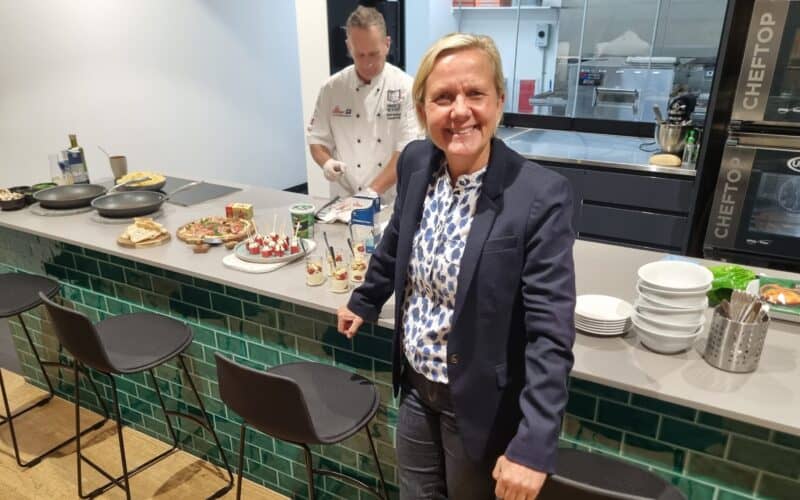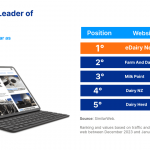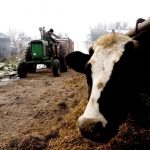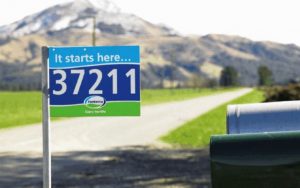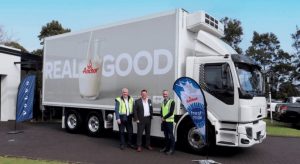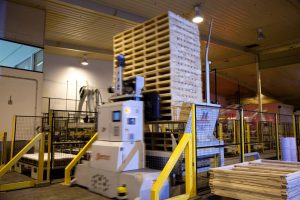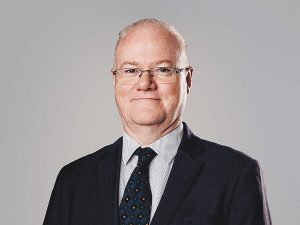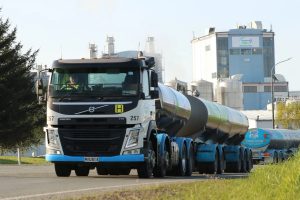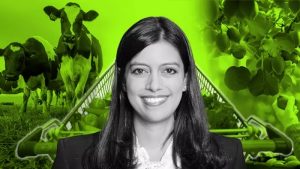
New Zealand farmers are not alone in facing the challenge of striving for value while mitigating their environmental footprint. Senior reporter Richard Rennie is in Australia to find out how our neighbours are approaching the issues of gene technology, carbon farming and sustainability.
Fonterra is starting to put runs on the board with its sustainability policy as consumers’ awareness of climate change impacts mount, and with it expectations for food producers to respond
“It is no longer just about doing good for society, it’s our customers who need it. Nestlé etcetera are calling for it. You do not have to go far today to realise climate change is here,” said Judith Swales, Fonterra’s Melbourne based CEO for global markets.
Fonterra’s Scope 3 emissions plan was announced to farmer shareholders last November, with Fonterra aiming to reduce on-farm emissions by 30% by 2030 through a multi-pronged approach to carbon emissions.
The company has just hosted key members of its largest customers, including Frank Mars, a director of the Mars company. Officials from Nestlé have also recently visited New Zealand and Australia.
Nestlé announced late last year it would work with Fonterra on a payment partnership where farmers who achieve one of three levels of Fonterra’s Co-operative Difference programme this season will receive 1-2c/kg milk solids extra on their payout.
Globally that company is investing NZ$2.25 billion by 2025 to advance regenerative style agriculture and reduce emissions, and investing with Fonterra in a net-zero carbon dairy demonstration farm in Taranaki.
“The feedback we had was that the data we showed them was the best farm data they had seen. They acknowledge that all that farmers are putting into is being valued by customers,” Swales said.
To improve business-to-business understanding of Fonterra’s carbon reduction efforts, the co-op has launched an industry-first carbon footprint calculator. It enables customers to better understand the emissions associated with specific Fonterra products, and projections for them out to 2030.
“This was the best they have seen in a global sense.”
Jack Holden, Fonterra’s GM for sustainability – global markets said the co-op is getting more and more customers wanting such data.
“What is great about it is customers can get an independently verified carbon footprint certificate,” Holden said.
Fonterra captures 17% of Australia’s milk supply, with a focus mainly on grass-sourced milk from Tasmania and southeastern Victoria.
Holden said NZ and Australia have broadly the same goals around carbon emission reduction and share some of the potential tools that will ultimately be used to reduce methane emissions, such as Australia’s red seaweed mitigation product, genetics, and Fonterra’s trialled mitigator Kowbucha.
The jury is still out on the use of DSM’s Bovaer mitigation product, with reduction success so far coming largely from feedlot-controlled diet operations.
Swales said two groups of consumers are emerging globally in the sustainability context.
“In more Western, developed markets we have the ‘we’ consumers, who know they do need to recycle, they do need to do their bit. That’s versus the ‘me’ consumers in developing markets where it is mainly about ‘how do I feed my family?’”
Holden said Fonterra’s development of a Sustainable Dairy Partnership reporting platform for its customers “gives buyers the ability to recognise and credit our systems as being adequate while preventing them from having to do their own audits on a farm-by-farm basis”.
“They can now see Fonterra’s reports and know they are sufficient.”
While strictly a B2B tool, it is built from the data and recordings farmers make when engaging with Fonterra.
“We have 14 customers who get it and all get the same report. We are not over-sharing with it, but they have the confidence in Fonterra controls and its data and verified by a third party.”
With a focus on animal welfare, water quality and climate, he said, the benefits of the sustainability approach compound when the individual areas cross over.
“For example, a reduction in nitrogen surplus is a win for the waterways, a win for the climate through lower emissions and a win for farmers in terms of lower costs. We like to achieve a package of benefits from a single investment, rather than just looking at it issue by issue.”
You can now read the most important #news on #eDairyNews #Whatsapp channels!!!
🇺🇸 eDairy News INGLÊS: https://whatsapp.com/channel/0029VaKsjzGDTkJyIN6hcP1K
